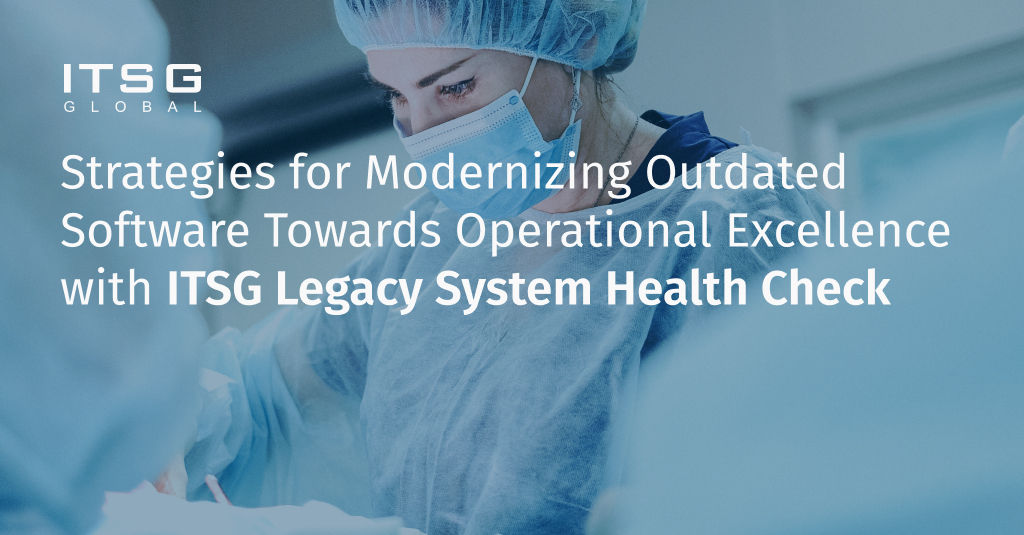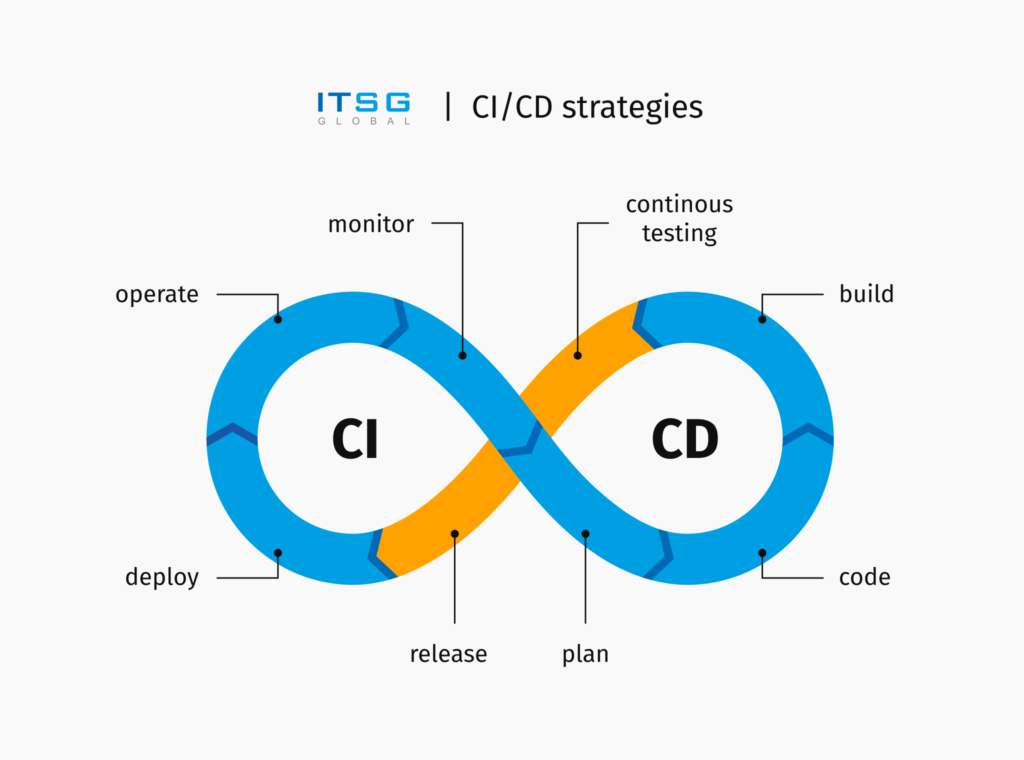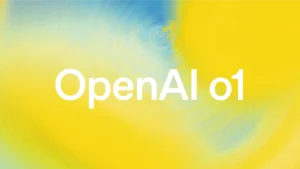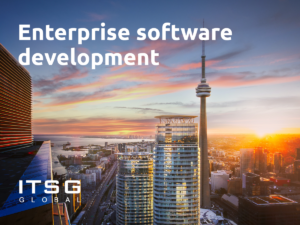21 December 2023

In the age of continuous innovation, it has been estimated that 78% of organizations find themselves stuck with outdated systems. Most of them are directly responsible for the companies slowly falling behind, because they are unable to keep up with innovations and customers’ expectations.
We’ve prepared a set of questions to determine if your business is facing a legacy-problem.
You can find the checklist below.
1. Total Cost of Ownership (TCO) Concerns
- Are ongoing maintenance costs skyrocketing?
- Ale you struggling to find skilled programmers for your project?
- Is adding new features becoming more expensive over time?
- Does your production cycle involve too much manual work?
2. Limited Innovation Capabilities
- Do you find it difficult to develop new system features?
- Is your system incompatible with emerging technologies?
- Do you notice any problems with integrating your system with other modern tools and systems?
3. Safety and Regulatory Issues
- Are you not meeting required industry standards?
- Do you have unresolved security vulnerabilities?
- Failing to maintain backward compatibility with documentation?
4. Business Risks
- Are customer complaints about system functionality increasing?
- Experiencing more unplanned system outages than before?
- Are competitors introducing better solutions more quickly?
5. ESG Readiness
- Is your legacy system hindering your ESG (Environmental, Social, Governance)
compliance efforts?
How it’s going to benefit your business?
- Lower costs of software development
- Improvement in satisfaction among people dealing with your system
- Better market adaptation
- Open doors to new markets
- Focus on growing the business rather than maintaining systems
- Improvement in your time-to-market
- Better customer experience
Additional Advantages of External Expertise:
- Operational efficiency achieved
- Savings in hiring area
- Better employer branding and reduction in specialist turnover
- Repositioning of your specialists from mundane to value-added tasks
- Meeting crucial compliance and security standards
How are we going to support your decision?
You will receive a detailed report outlining:
Understanding of Your System’s Health: Through a detailed risk assessment, critical problems will be identified and ranked by severity. That will help with understanding costs associated with mitigation, and recognizing areas for strategic investment.
Informed Decision-making Insights: Recommendations for next steps will be provided, such as investment, maintenance, retirement or consolidation of the system, or shifting resources to build new solutions for long term replacement.
Development process and agility level evaluation: The process of development and maintenance in context of Agile software development practices and CI/CD practices will be analysed, and, as a result, guidance on agile transformation steps will be provided.

ELSAF FRAMEWORK
In the ever-changing world of technology, having a reliable and adaptive approach to system modernization isn’t just an option, but a necessity. That’s where the ELSAF framework comes into play.
The result? A framework built on four rock-solid pillars, each designed to address critical aspects of system modernization:
- Evolutionary Architecture – Your roadmap will feature incremental architectural improvements targeting modularity and loosely-coupled architectures. End result? Enhanced agility to adapt to business changes
- Testable Architecture – By prioritizing test automation, we create a continuous cycle of improvement. This results in fewer bugs, reduced manual testing costs, and quicker deployment times
- Evolutionary Code – Continuous code refactoring means you’re not just maintaining your system; you’re actively improving it. You’ll deliver new features without the technical debt
- Living Documentation – With automated, up-to-date documentation, everyone—tech and non-tech stakeholders alike-understands how the system operates. This is a game-changer in speeding up
decision-making and reducing misunderstandings
ONGOING ENGAGEMENT AND FINAL DELIVERABLES
You will receive a detailed report outlining the following:
- Risk Assessment: Including software health, composition, and ability to move forward, allowing you to understand critical problems and their severity
- Recommendations for Next Steps: Guidance on investment, maintenance, retirement or consolidation of the system, or shifting resources to new solutions
- Alignment with ELSAF Framework: A modern, agile, value-oriented, evolutionary approach
that uses our proprietary ELSAF framework, ensuring quality and adherence to best practices
- Green Impact Analysis & Cloud Readiness: Identify environmental deficiencies and provide
remediation strategies, along with a roadmap and potential blockers for cloud transition
(optional)
Because we believe that you know your business needs best, we have prepared packages which vary in the scope of work we will carry out within Legacy System Health Check.
Author: Andrzej Wodnicki, Managing Director at ITSG Global






